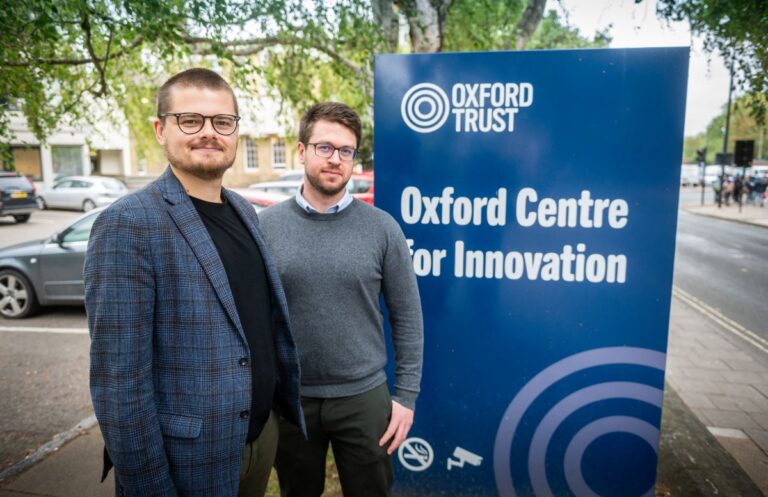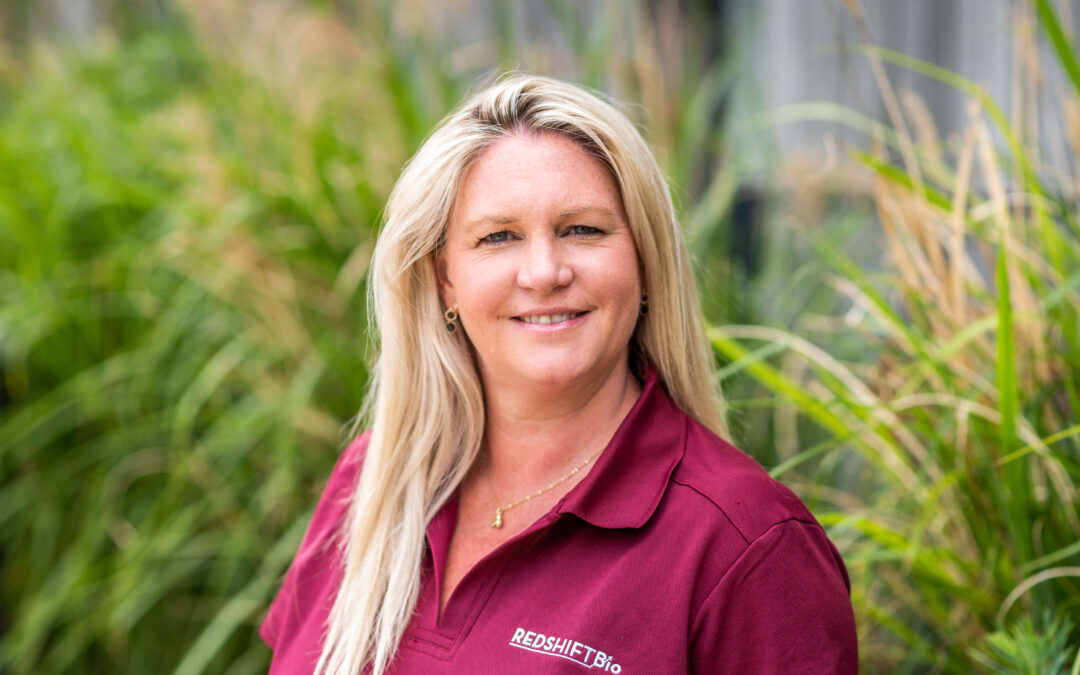
by Mark Wearing | Nov 6, 2023
We are pleased to welcome fusion materials technology start-up Oxford Sigma to our Oxford Centre for Innovation. We sat down with co-founder and CEO Jonathan Musgrove to discover more about their work and vision for the future of the company. Enabling fusion...

by Emma Huntly | Oct 11, 2023
University of Oxford spinout NavLive has recently joined the community of inspiring deep-tech start-ups at our Oxford Centre for Innovation. With its advanced 3D mapping technology, it aims to create new norms in the complex management of building sites, bringing...

by Emma Huntly | Aug 10, 2023
Award-winning healthtech start-up CardMedic has joined the community of pioneering science and tech companies in The Oxford Trust’s Oxford Centre for Innovation. We spoke to CEO Rachael Grimaldi and MD Tim Grimaldi, to find out more about their digital platform to aid...

by Emma Huntly | Jun 2, 2023
Following the recent acquisition of 33-year-old Oxford Computer Consultants by long-standing partner System C Healthcare, we spoke to co-founder Dr John Boyle about his innovation journey. He shared his insights about setting up and growing a science and tech...

by Emma Huntly | Jul 26, 2022
The age of biopharmaceuticals brings with it a huge amount of promise as complex compounds are used to improve targeting of specific conditions and parts of the body. However, those complicated formulas, compared to simple medicines such as paracetamol, provide...





